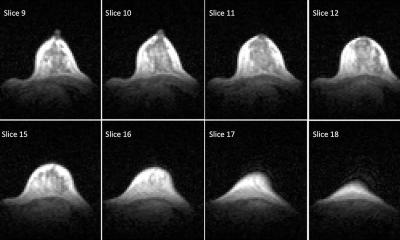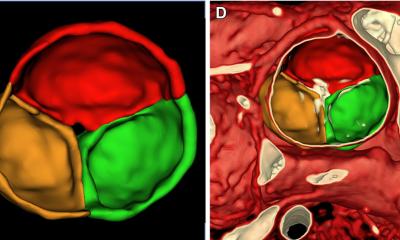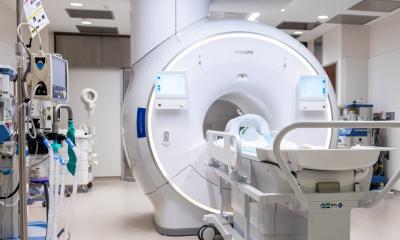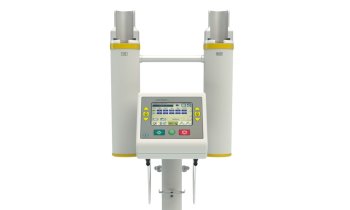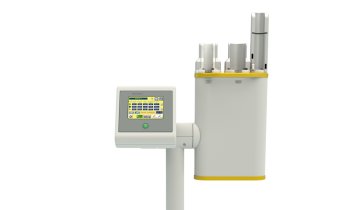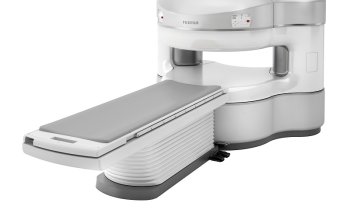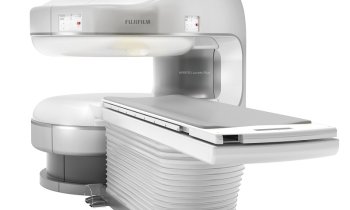European Commission is open for amendment of the directive on the use of MRI
After a new study published by Professor Stuart Crozier has shown that the use of MR in the clinical practice will not be possible when realizing the EU Physical Agents Directive (EMF) 2004/40/EC on the use of MRI, the European Commission is open to proposing a legislative amendment.

The Crozier report, published yesterday, demonstrates that changes to existing practice would not be sufficient to comply with Directive 2004/40/EC and so the use of current equipment and procedures would need to stop.
In response to these findings, Commissioner Vladimir Špidla, the Employment and Social Affairs Commissioner, said that the Commission will now analyse the results from the Crozier study.
At a lunched hosted at the European Parliament, there was consensus on the need to find a solution that is reasonable and ensures public health and worker safety. The Commission has said that it would be open to proposing a legislative amendment.
Professor Gabriel Krestin, professor and chairman of the Department of Radiology at Erasmus University said: "The acknowledgement by the European Commission that there is a need for a legislative amendment is a step in the right direction. However a delay in implementation still leaves public institutions such as hospitals and research institutes with no legal certainty. This has serious implications for investment in MRI, which is central to patient care in Europe. I do not see how the Commission can address the threat to the future of MRI without proposing an EU-wide derogation for MRI from the scope of the Directive on public health grounds."
Mary Baker, President of EFNA (European Federation of Neurological Associations) said "Given that we know this Directive has already been implemented in Slovakia, I would like the Commission to clarify what the implications are for patients in this country."
18.06.2007



